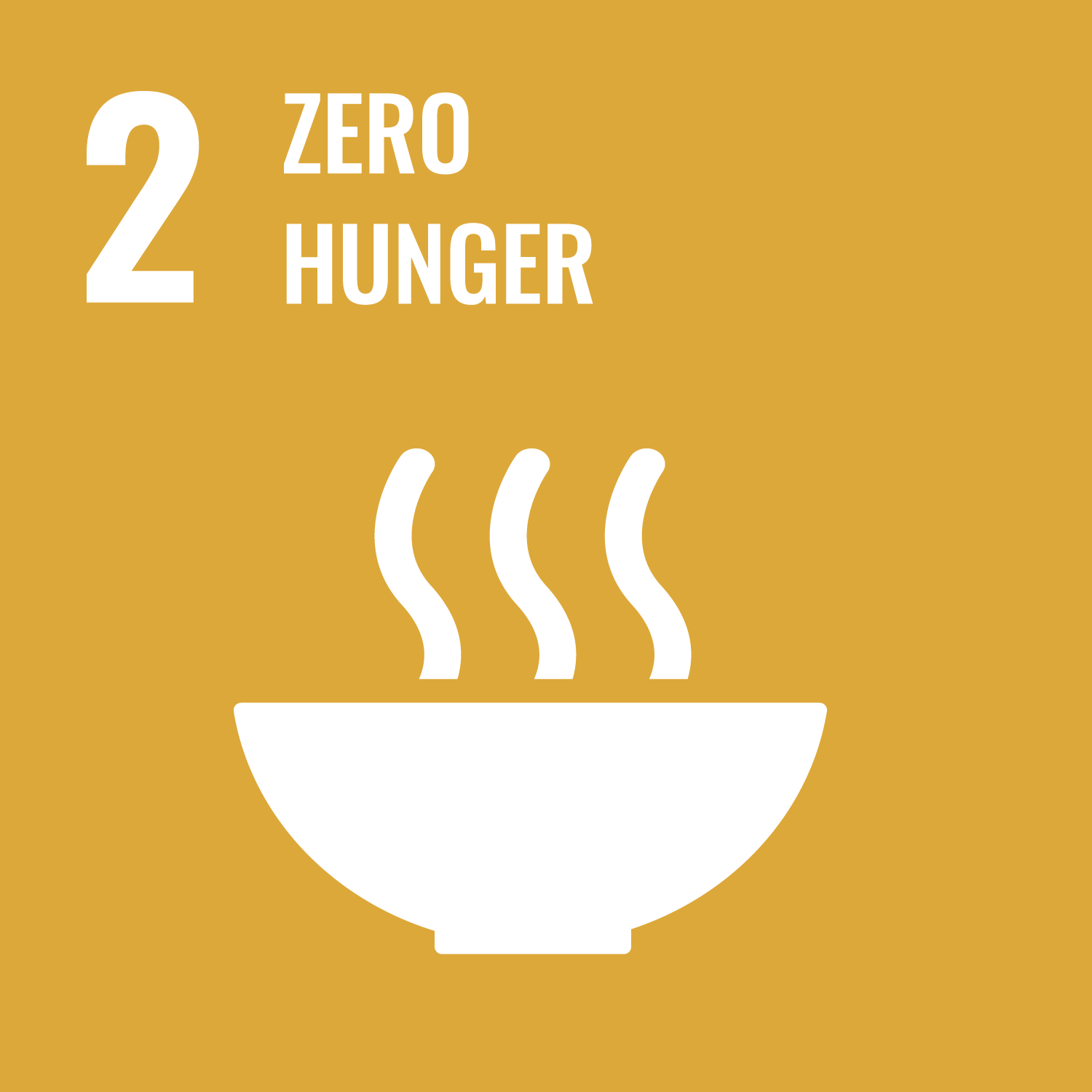Creating Jobs Through the School Feeding Value Chain
Aligned SDGs



- Creating Jobs Through the School Feeding Value Chain
- General overview
- Intervention
- Location
- Last data update
- Spreadsheet of data
- Creating Jobs Through the School Feeding Value Chain
- General overview
- Intervention
- Location
- Last data update
- Spreadsheet of data
General overview
Stage of development: Early stage
Policy sectors: Employment and private sector development / Education
Type of instrument: Impact Bond / Payment-by-results (no pre-financing)
Delivery locations: Kenya
Country classification: Lower-middle-income
Intervention
Social or environmental challenge
"Over 8.9 million people in Kenya live in extreme poverty, and the economic climate has pushed an additional 1.4 million people into poverty. In Kenya, lack of livelihoods is inextricably linked with hunger - over half the population is food poor. This disproportionately affects children and stunts their future earning potential. Despite the robust growth witnessed in the economy in recent years, 13.4% of the labor workforce is unemployed, with 80% involved in informal work characterized by low wages, limited job security, and a lack of social benefits.
A study by the World Food Programme and Harvard found that every $1 invested in school lunches provided a 9x return in improved social outcomes. An investment in a child's nutrition and wellbeing has a lasting impact on the economic future of any country. Solving how to feed children in Africa is solving this problem for the world."
Description of the intervention
"Food for Education is catalyzing a new industry in the food economy with a blueprint for school feeding, creating thousands of new dignified jobs in the Kenyan market. Since our inception, we have created nearly 2,000 dignified, paying jobs across the school feeding value chain for Kenyans living in poverty. These jobs pay 2.5x-5x more than people would otherwise earn in the informal sector. Weâre projected to create >2,500 more jobs in the next 2 years thanks to a partnership with the Nairobi County government that will pay for all 250,000+ children in public primary schools in the county to eat daily school meals. We stimulate ~$5MM dollars annually into smallholder farmers markets to source fresh, nutritious, local ingredients from smallholder farmers; we centralize production with a team of trained staff and simplify distribution logistics using a fleet of distribution trucks and motorcycles for rural parts of Kenya.
With our partners in Nairobi County government, we will carry out early stage design for an outcomes-based financing project regarding our programâs effects on job creation and increasing dollars earned. This project will pioneer work on the more immediate positive economic and livelihoods effects of school feeding."
Location
Country:
- Kenya
Locality:
- Kenya
Last data update
Data for this pipeline project was last updated in May 2024
You might have noticed that some pipeline projects have more data than others. This is because organisations can share as much data as they want with the INDIGO initiative. If you have more data on one of these pipeline projects and would like to share with us, please get in touch at indigo@bsg.ox.ac.uk. Our full list of variables and data definitions can be found here.
Spreadsheet of data
Important Notice and Disclaimer on INDIGO Data
INDIGO data are shared for research and policy analysis purposes. INDIGO data can be used to support a range of insights, for example, to understand the social outcomes that projects aim to improve, the network of organisations across projects, trends, scales, timelines and summary information. The collaborative system by which we collect, process, and share data is designed to advance data-sharing norms, harmonise data definitions and improve data use. These data are NOT shared for auditing, investment, or legal purposes. Please independently verify any data that you might use in decision making. We provide no guarantees or assurances as to the quality of these data. Data may be inaccurate, incomplete, inconsistent, and/or not current for various reasons: INDIGO is a collaborative and iterative initiative that mostly relies on projects all over the world volunteering to share their data. We have a system for processing information and try to attribute data to named sources, but we do not audit, cross-check, or verify all information provided to us. It takes time and resources to share data, which may not have been included in a project’s budget. Many of the projects are ongoing and timely updates may not be available. Different people may have different interpretations of data items and definitions. Even when data are high quality, interpretation or generalisation to different contexts may not be possible and/or requires additional information and/or expertise. Help us improve our data quality: email us at indigo@bsg.ox.ac.uk if you have data on new projects, changes or performance updates on current projects, clarifications or corrections on our data, and/or confidentiality or sensitivity notices. Please also give input via the INDIGO Data Definitions Improvement Tool and INDIGO Feedback Questionnaire.